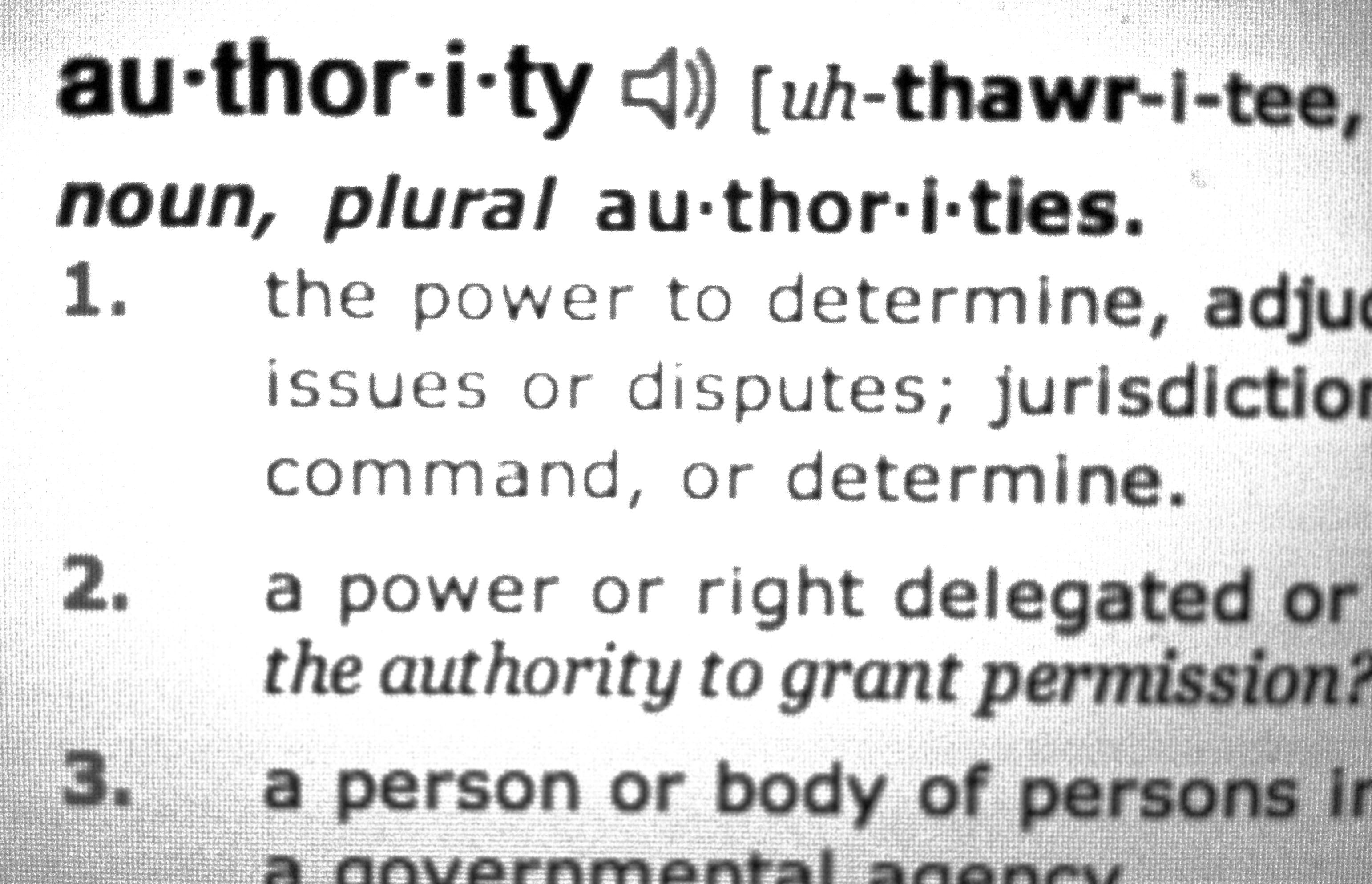2 Corinthians 1.1: “Paul, an apostle of Jesus Christ by the will of God…”
“Apostle” isn’t a word that we use anytime, anywhere, for anything, except in church. It wasn’t even used much in the olden days. When it was used, it was a special term bound up with sea-faring, sometimes a freighter or transport ship, and more particularly with military expeditions (think “Navy”). It eventually comes to be applied not only to the fleet itself, but to the men of the fleet sent out for a particular purpose.
the olden days. When it was used, it was a special term bound up with sea-faring, sometimes a freighter or transport ship, and more particularly with military expeditions (think “Navy”). It eventually comes to be applied not only to the fleet itself, but to the men of the fleet sent out for a particular purpose.
You’ll notice right away that the word is used mostly in a passive sense. The “apostle” didn’t take the initiative—he is sent by someone else. He doesn’t have any authority either. The only authority he has is bound up in the person who sent him. The word denotes that you’re sent, like a servant, by someone else, and that any authority you have wasn’t yours to begin with, but it was given to you.
Already you’re thinking, “This is boring. Who gives a rip?” So let’s look at two things this has to do with us.
 First of all, it shows us that Paul considered the book he wrote to have authority, not on his own account, but as the very words of God Himself. He would have considered himself a passive vessel carrying out orders, merely sailing where he was told. It’s not as if halfway through the writing he thinks to himself, “This is pretty good stuff. I wonder if it’s from God?” Nope. From the dock he’s aware of the presence of God in his writing, and the authority in it that makes him mindful that it is “God-breathed.”
First of all, it shows us that Paul considered the book he wrote to have authority, not on his own account, but as the very words of God Himself. He would have considered himself a passive vessel carrying out orders, merely sailing where he was told. It’s not as if halfway through the writing he thinks to himself, “This is pretty good stuff. I wonder if it’s from God?” Nope. From the dock he’s aware of the presence of God in his writing, and the authority in it that makes him mindful that it is “God-breathed.”
Secondly, we ought to think through whether we also have an individual commission like this. Are we apostles too? Obviously, we’ve all been commissioned to go into the world and make disciples of all nations (Mt. 28.19-20; Mk. 16.15), and thus to be an ambassador (2 Cor. 6.19), but you should know there is no Scriptural evidence that we as believers each have some kind of individual commission like this. The Bible gives us many callings and commissions, but they’re all for all of us, with no notion of a special one for each individual. Some of these commissions are as follows:
- A call to salvation (Rom 1.6, 7; 8.30, and dozens of other places)
- We are called to be Christ’s ambassadors and agents of reconciliation (2 Cor. 6.19)
- We are called according to his purpose (Rom. 8.28)
- We are called to be holy (1 Cor. 1.2; 1 Thes. 4.7; 2 Tim. 1.9)
- We are called to live in peace (1 Cor. 7.15; Col. 3.15)
- We are called to be free (Gal. 5.13)
- We are called to a hope (Eph. 1.18)
- We are called to suffer for doing good (1 Pet. 2.1)
What are your motives to be a leader?
The last piece of this text I want to look at is what it tells us about the kind of motives a spiritual leader should have. Here’s what I found:
- What they care about is that God gets the glory. 1 Cor. 10.31. Whatever you do as a leader, ask yourself, “Will this glorify God? Will God get the glory for this?”
- Spiritual leaders want to win lost people to Christ. 1 Cor. 9.19-22. If we’re not being all things to all people with the prospect of bringing some to the glorious kingdom, then we’re just being good people with no effect.
- We help people become more mature in spiritual things. Col. 1.28, 29; Eph. 4.11, 12. The Christian life is hard, and the Bible is being wildly misrepresented and misunderstood. Somebody has to speak the truth clearly so that others can take forward steps.
- Our motive is love for Christ. I do what I do under no other compulsion than because I love Him.
- I live to serve. Mt. 25.21. Everything I do echoes in eternity, and serving others helps me escape pride and be Godlike.